
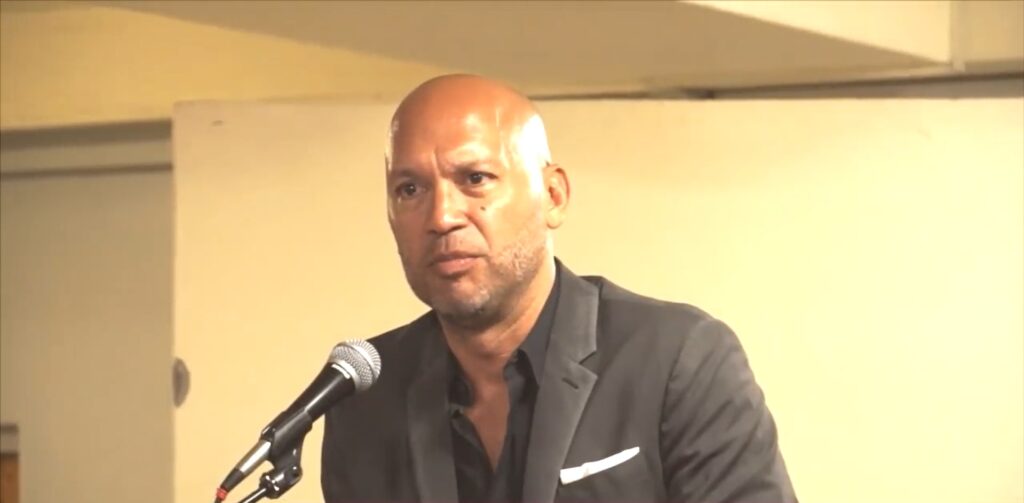
Jamaican business process outsourcing (BPO) mogul Patrick Casserly has died.
He succumbed to cancer at the Cornwall Regional Hospital in St James. He was 58 years old.
Casserly was one of Jamaica’s stand-out entrepreneurs and business leaders over the last two decades, making the modern BPO a viable and vital entity in the Jamaican economy.
Today, we hear of Yoni Epstein of itel and Odetta Rockhead who put Sutherland Global Services on the map in Jamaica. But before them and who paved the way for them in the BPO sector was Patrick Casserly.
Casserly started a BPO company in the Montego Bay Free Zone with 35 employees, ten years later he had 4,500 employees and later sold the company—E-Services to Fortune-500 company Affiliated Computer Services (ACS)—for US$85 million.
Speaking about how he got started, he told a newspaper: “I entered the industry on July 7, 1997 to manage the data entry of insurance claims for one of the largest health insurance companies in the world. Little did I know I was entering a hornet’s nest.
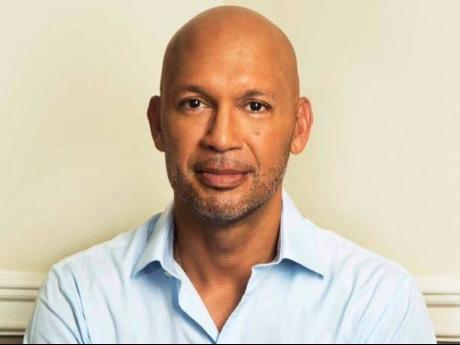
“As I entered on my first day, everyone stopped typing-clad in a black suit with blue and red tie, the floor went from being a beehive of typing to total silence.
“Eventually prospective outsourcing companies realised that Jamaica was the third largest English-speaking country in the western hemisphere, that is as its first language… and the race was on. The largest companies in North America started sending us requests for proposals. By 2003, we had almost 1,500 employees.”
Back in 2009, E-Services had revenue of US$80 million a year with debt of just US$4.5 million.
Casserly was a man who saw BPOs as more than just call-centre sweatboxes. He recognised its potential as an economic driver and another way for young Jamaicans to be gainfully employed.
He started with a few Jamaican partners and was funded by American venture capitalists who backed him all the way. Their support was assured. As the business grew, he realised its expansion could not continue from just its profits but that serious capital would have to be injected to grow it—not only in Jamaica but to take it into the wider Caribbean.
Casserley was recognised as a star on the Jamaican business scene and was lauded for his accomplishments.
He went on to serve on the board of JAMPRO and was appointed ICT Ambassador by the Government. He also served as president of the Montego Bay Chamber of Commerce.
Patrick Casserly was classy and he looked it too. Today you see many of the young business leaders taking a vainglorious approach to recently acquired riches, parading themselves on social media, painting exaggerated caricatures of themselves and then falling from grace ignominiously.
That was to gauge for Casserly, an affront to his sensibilities. He was a quietly spoken man who didn’t have to announce himself. He preferred to be sought after rather than sell himself via some medium. He loved art, architecture, cuisine, and literature. He was a refined man and a refined thinker. There was nothing nouveau riche about him. He was the Chevalier of the Jamaican business community.
The apple does not fall too far from the tree. His father Alvaro Casserly was an elegant, erudite man who served as a director of the Jamaica Stock Exchange, Braco Resorts Limited and the Dyoll Group. He was also chairman of the United Way of Jamaica.
Patrick Casserly was a patriot who pledged himself to helping to form a better Jamaica where civility, decency and opportunities prevailed.
He once told me, “Al, why should I live behind a fifteen-foot wall in my own country? Why should I have to walk around Jamaica with a gun in a holster? We have to find a way to make the economy grow so that Jamaicans can lead better lives.”
Casserly took a keen interest in the development of Jamaica and did have political aspirations.
He was an avowed JLP supporter and believed it would bring new impetus to national development and could invigorate the economy.
I went to hear him speak at a JLP meeting sometime in October 2014 where he pointed out that the fundamentals of the Jamaican economy are flawed because people’s purchasing power is diminished. He said Jamaicans are forced to buy goods abroad when they travel because they are way less expensive there. To support his point, he asked the audience how many people bought their laptops and phones in Jamaica. He said you can tell a plane bound for Jamaica by the number of people carrying diapers, and clothes.
“When we talk about the ease of doing business, we start with an environment where they say, I’m going to charge you 40 per cent because you arrive here with a goods. Then they tag on 16.5 per cent GCT and then they put you through a lot of paperwork.
“The fact is if we are to change this economy we have to factor what have we been doing wrong. We have to change the way we think. I was shocked to find out that in Jamaica we produce around 20 per cent of the volume of onions today than we did 15 years ago. We produce less yams today than we did 15 years ago.
“We have to protect those industries that are important to us. We have decided to have blanket duties on everything which makes the cost of living high in this country and goods out of the reach of everyone. A basic Apple laptop will cost you US$1000 in Jamaica when that same laptop costs just US$600 in the US.
“If I had to do business outside the Free Zone, I wouldn’t be able to get beyond 200 employees. If I had to buy all my equipment and supplies in Jamaica, pay duties, my company couldn’t continue to exist,” said Casserly.
He felt hurt when the JLP opted for Marlene Malahoo Forte rather than him to contest the West Central, St James seat. He made it known that Andrew Holness and the JLP’s high command were disingenuous when considering him to enter representational politics.
Casserly later took issue with the JLP’s personal income tax plan after he was appointed to the JLP’s Economic Advisory Council.
“All of us agree that we need to remove the tax burden from the PAYE but what we also don’t want to do is have people who are in the tax net right now, start to come out of the tax net. When we talk about the J$1.5 million threshold, that is so tremendously attractive. It’s a great campaign strategy but I just don’t know how we are going to pay for it,” he said then.
Disgruntled, he turned to the PNP in 2016, the same year the JLP won a narrow victory over the Portia Simpson Miller-led Government.
Patrick Casserly, we salute your contributions to Jamaica. Your vision was a boon to your country.

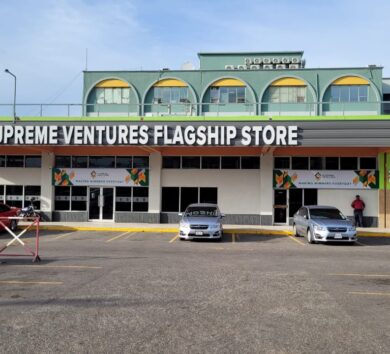
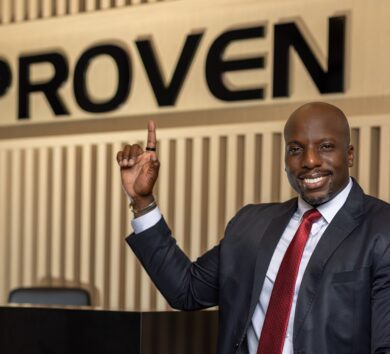
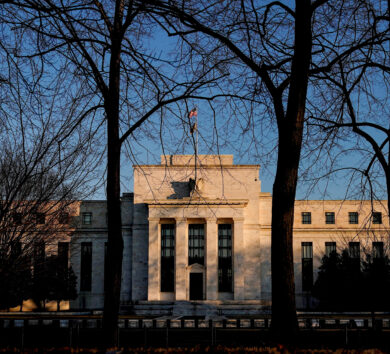

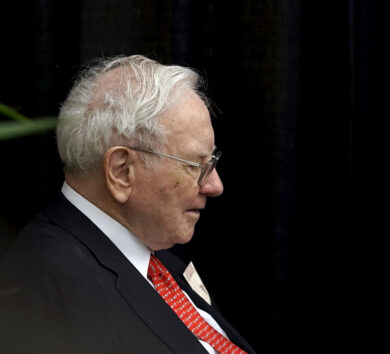
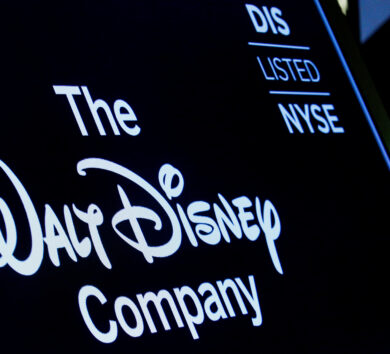
Comments